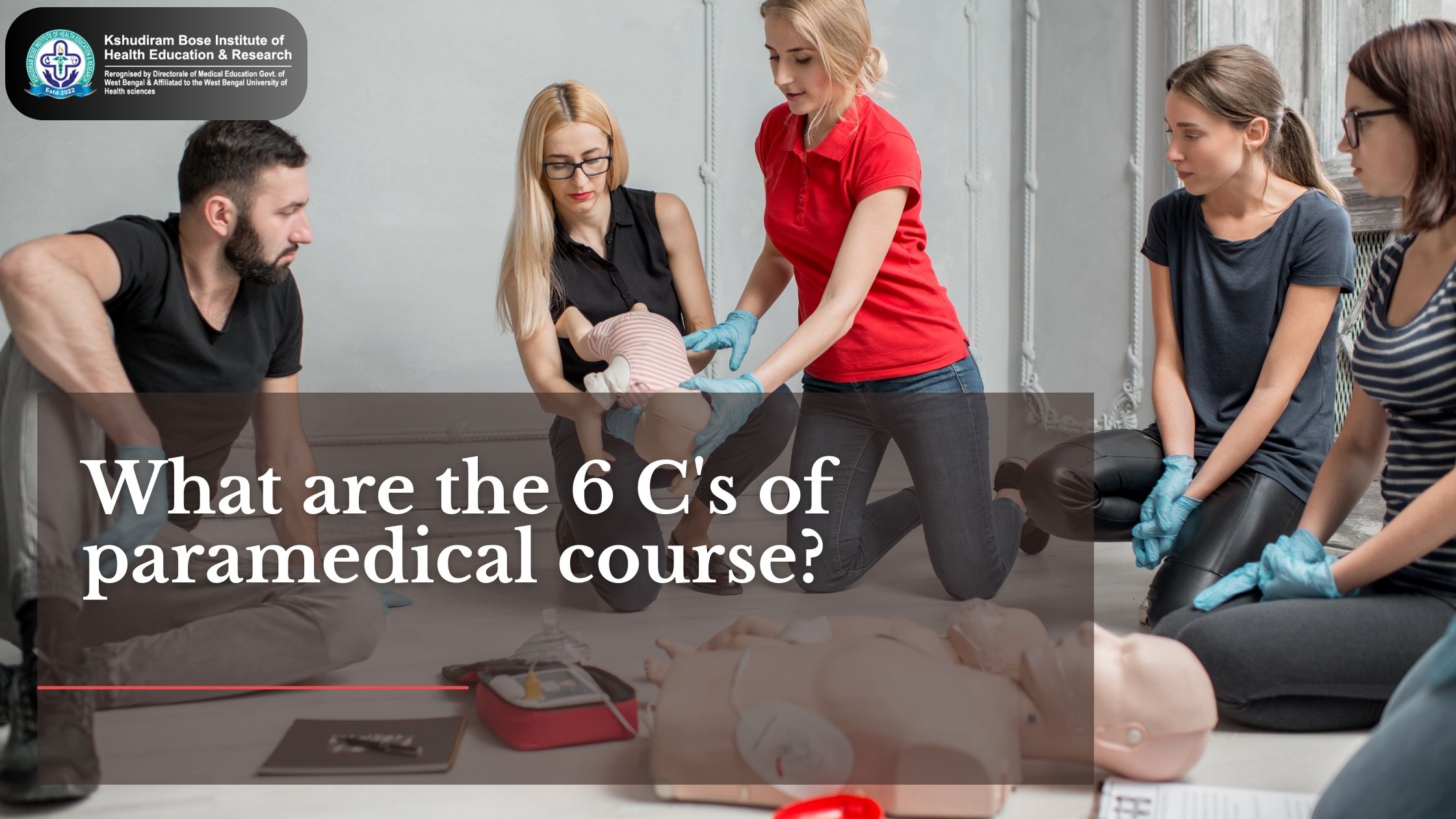
The 6 C's of paramedical courses may vary depending on the specific program or institution offering the course. However, here are six common components that are often associated with paramedical education:
Communication: Effective communication is essential for paramedical professionals to interact with patients, their families, and other healthcare team members. This includes both verbal and non-verbal communication skills.
Compassion: Paramedical professionals must demonstrate empathy, compassion, and sensitivity towards patients and their unique needs. They should provide care with kindness and understanding.
Critical Thinking: Paramedical courses emphasize the development of critical thinking skills. These professionals need to analyze situations, assess patient conditions, and make quick decisions to provide appropriate care in emergency situations.
Collaboration: Paramedical professionals work as part of a healthcare team, so they need to collaborate effectively with doctors, nurses, and other healthcare professionals. They should be able to communicate and coordinate care to ensure the best outcomes for patients.
Competence: Paramedical courses aim to equip students with the necessary knowledge, skills, and technical expertise to perform their duties competently. This includes understanding medical procedures, using equipment correctly, and staying updated with the latest advancements in the field.
Confidentiality: Paramedical professionals deal with sensitive patient information, so maintaining confidentiality and adhering to ethical standards is crucial. They must respect patient privacy and ensure that personal health information remains protected.
These 6 C's provide a general framework for the qualities and skills required in paramedical courses. However, it's important to note that different institutions or programs may have their own variations or additional components.